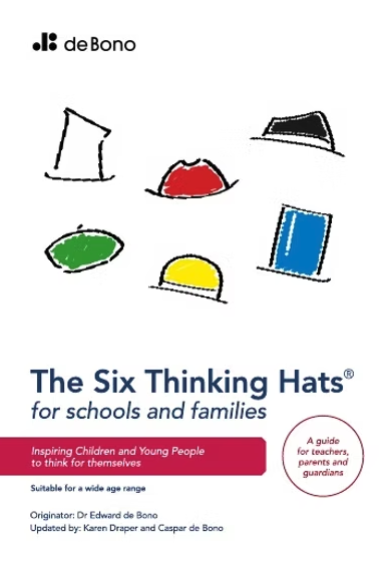The impact of teaching students how to think …

Teaching children how to think equips them with the skills to analyse, solve problems, and make informed decisions.
It fosters curiosity, creativity, and independence, enabling them to approach challenges with confidence.
Critical thinking helps children evaluate information, question assumptions, and develop deeper understanding of the world around them.
These skills are essential for adapting to an ever-changing society, where knowledge is constantly evolving. Instead of simply memorising facts, children learn to think critically, make connections, and engage in meaningful conversations. In the long run, this empowers them to become more thoughtful, active and responsible.
Teaching students how to think offers a wide range of benefits that shape their academic, social, and personal growth. Here are 10 key benefits:
1.Improved Problem-Solving Skills:
Children learn to approach problems with strategies, creativity, and persistence.
2.Enhanced Decision-Making:
Critical thinking helps students assess options, weigh pros and cons, and make better choices.
3.Increased Independence:
Students become more self-reliant, relying on their own reasoning rather than following instructions blindly.
4.Better Academic Performance:
Critical thinking leads to deeper understanding, better retention, and more effective study habits.
5.Stronger Communication Skills:
When students think critically, they can express their ideas more clearly and persuasively.
6.Boosted Curiosity:
Encourages a love for learning as students begin asking questions and seeking answers on their own.
7.Enhanced Creativity:
Teaching thinking encourages students to see multiple perspectives and develop innovative ideas.
8.Stronger Emotional Intelligence:
Understanding one’s own emotions and those of others, fostering empathy.
9.Improved Collaboration:
More productive discussion, debates, & cooperative problem-solving, improving teamwork.
10.Preparedness for Future Challenges:
By learning to think analytically, children become not only better equipped to be successful in a school environment but to face complex, evolving challenges in school and life beyond.
Think Quick are currently developing a one day accreditation program for school teachers that will enable them to teach their students (ages 8-18) the Six Thinking Hats & Points of View Tools how to think differently and increase their chances of success.
Expressions of interest in this official deBono accreditation are invited via this Contact Form.

Comments
No comment yet.